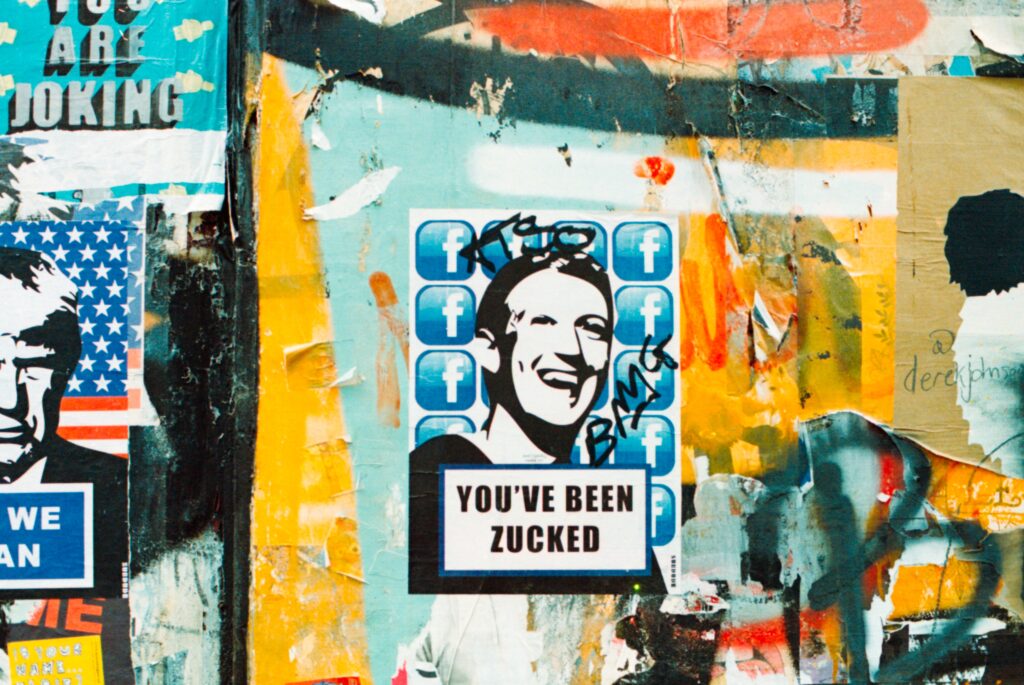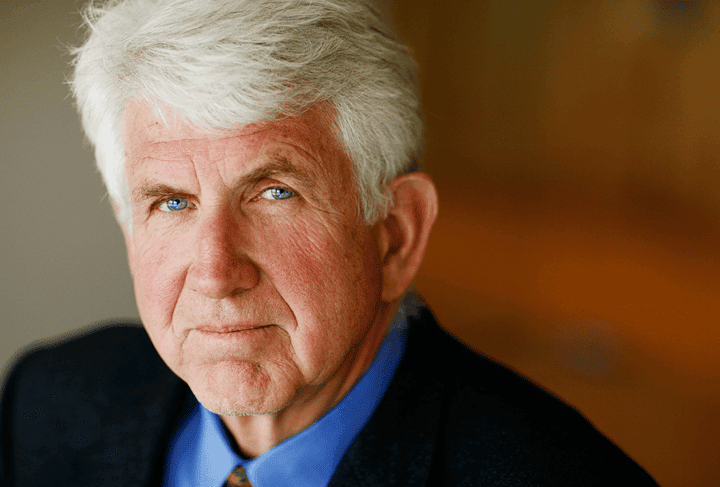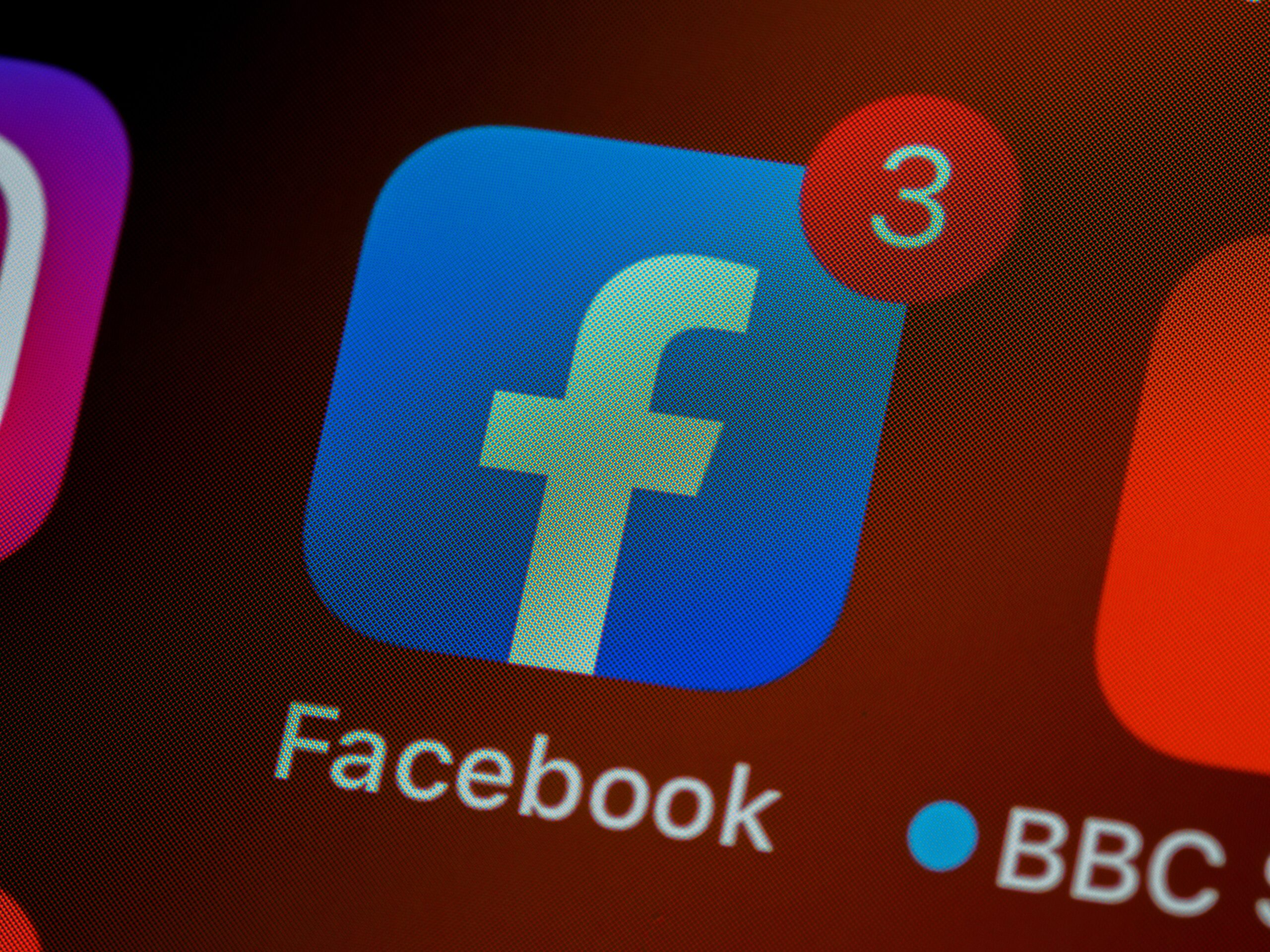The $ 750 billion colossus still has several options, but according to many, none have a happy ending.
Last week a belief began to circulate somewhat quietly: Facebook, the social network that I have been living in since 2008, is dead, or is about to become extinct.
Why Facebook is dead but still doesn't know
I am in contact with my business associates every day (via Zoom), and with the same platform I am in contact with the relative.
The first observation: all the 14-16 year olds I know don't have Facebook.
Summary of the reasons: they don't want annoyances and privacy nuisances, they don't want political scuffles. Both things that Zuckerberg's creature abounds with.
I asked them if any of their friends had Facebook. They laughed in my face.
They told me: “Facebook is for mothers and grandparents”. It is true?

The big F creaks
In truth, the reality for Facebook is much worse. The granite monopoly of this social media will face 5 challenges in the coming years. They are all potentially insurmountable.
Generation Z doesn't care much
The under 18s moved on. Tik Tok, Snap, perhaps IG. They want end-to-end encryption, they don't want to be tracked, they fear online bullying and hate speech, and they don't like ads.
Above all, they don't want to be on the same social networks as moms, dads, aunts, uncles and grandparents. For them Facebook is really dead, indeed: a death.
To be clear, Facebook is still the social leader among the under 17s, but I consider it impossible for it to maintain that lead for long. In fact, it already has 2,6% fewer teenagers than in the second quarter of 2019. Facebook could potentially launch some sort of social just for kids under 18, but kids probably wouldn't use it anyway.
Millennials are ready to quit
The exodus of the conspiracy theorists...
Censorship is an ugly beast. Everywhere. In the West, in China, in Russia. That said, social media platforms have begun to “censor” provable lies and blatantly incorrect information. The truth must never be censored, but we must guard against egregious, verifiable lies like “the earth is flat” or “Hillary Clinton runs a child sex ring under a pizzeria.”
This Facebook approach infuriates several people. And it's only a matter of time before tens of millions of them abandon Facebook for a new social media platform that respects their right to be deluded. If he cuts them out he's dead. In fact, there is already a new social media platform that can offer an example - it's called Speak, and defines itself as a “Free Speech Social Network”.
… And that of the intellectuals
The phenomenon of "echo chambers" that I mentioned before (those who want to delude themselves go to a place where they can do so, preferably among themselves) will not be isolated to the various Napalm51 and conspiracy theorists.
Expect to see rights groups doing the same. After all, has the rainbow international really woken up demanding income equality while using a platform that enriches a 36-year-old with a net worth above $100 billion? This area too could give up in favor of a social network in which they feel more protected and represented.
Whoever stays will not be worth it
Removed large layers of Generation Z, Millennials, conspiracies and activists, what remains? A boring and bloated medium.
The user base will be a group of apolitical XNUMX-year-olds who like photos of cats and videos of dogs dancing, plus a bunch of trolls with too much time on their hands. Did you think Myspace was bad? In five years, Facebook could become the most depressing place on the internet.
What can Facebook do to avoid it?
The options available to the social network of. Menlo Park are varied:
1 – Lean into its fastest growing demographic: seniors.
There's nothing wrong with taking refuge in Boomers, but our youth-obsessed society will no longer see Facebook as the primary platform.
2 – Try to retain young people by going down on advertising
Investing a ton of money into trying to convince the next generation that Facebook is still cool, despite the outdated platform and serious privacy concerns. It might work for a while.
3 – Continue to acquire true innovators like Instagram and WhatsApp (or for example TikTok, I said).
This will definitely work in the short term. At least until a flurry of anti-monopoly lawsuits will blow up the whole conglomerate again.
Will Facebook collapse, then? Impossible!
No it is not.
While Facebook isn't going away anytime soon (it still has over two billion daily active users) ol' Myspace taught us that when the world's largest social media site collapses, it does so practically overnight. It's the network effect, but in reverse. I'm not saying that, nor is Murphy's law.
The right surname is Metcalfe
For those unfamiliar with the Metcalfe's law, the theory postulates the following:
The value of a network is proportional to the square of the number of connected users. As the physical cost of the network grows linearly, its value grows exponentially.

Example. We give everyone a value of $ 1,5. A 2-person network is worth $ 2,25 (1,5 x 1,5). A 3-person network isn't worth $ 3, but it's worth $ 3,375. And so on.
The two billion Facebook network is worth $ 750.000.000.000. We, the users, give Facebook 100% of its value.
And clearly, as people leave, this network loses value. Facebook's deflation may take longer than others due to its huge size, and like Myspace it will certainly continue to exist in some way. But I can confidently say that his best days are in the past. Because it's only a matter of time before the network effect breaks down.
The positive side? Change
In the end, as mentioned, if Facebook is dead (or will abandon this type of platform in favor of a real next thing, such as a social VR) it is only a matter of time. And it will be really great news for marketers, entrepreneurs, social media users and the general public.

For marketing professionals, more platforms offer more marketing options, more niche specificity and less advertising competition.
For entrepreneurs, there is an opportunity to create elegant and innovative “heirs” for the first time in a decade. As the individualistic-consumerist society grows, expect to see a proliferation of niche-specific sites in the years to come. (And, perhaps ironically, a “backflow” with some sort of main site to access them all from a single app.)
For social media users, expect (or demand) the introduction of a User Bill of Rights, including strengthened privacy standards, far less addictive algorithms, innovative protection from foreign trolling, and perhaps even advertising revenue sharing.
For the general public, the spread of our digital interactions across a wider range of sites could lead to a non-monopolized ecosystem of different platforms from which to express real truths without censorship.


